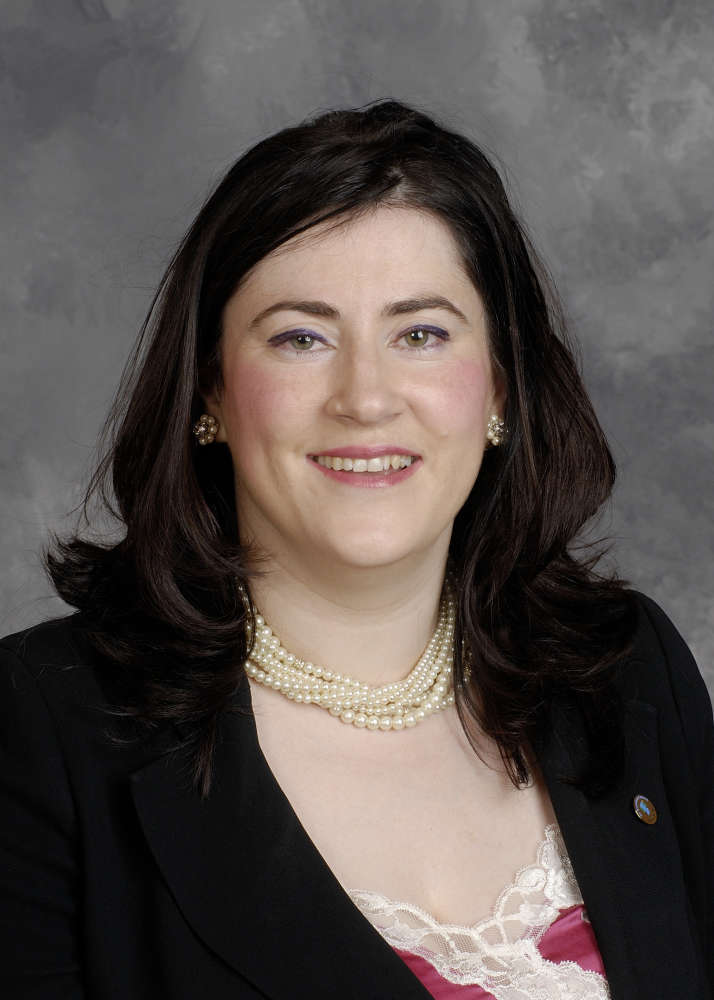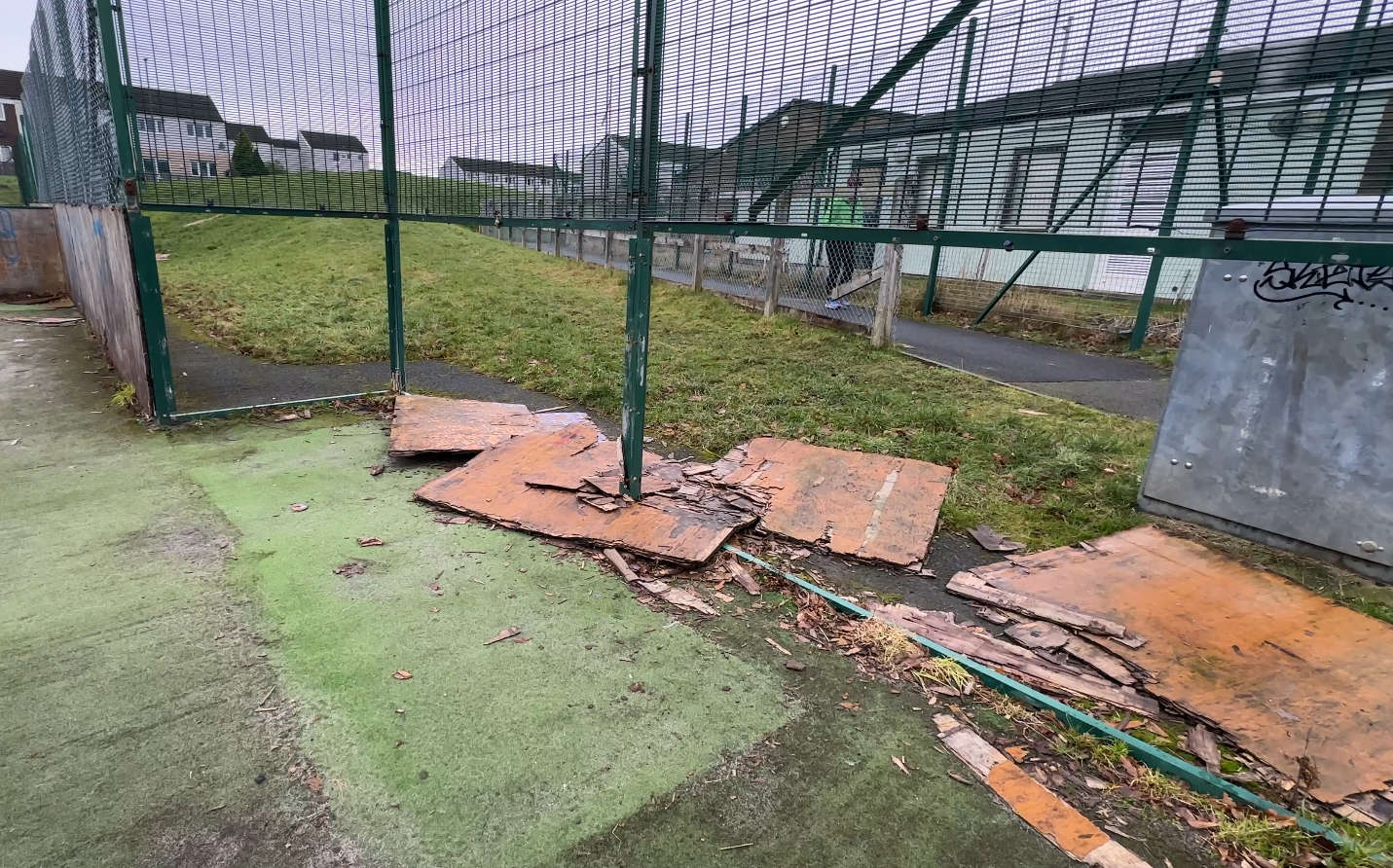
Children’s services in Tameside have been failing for years, but now the council has given a glimpse at how they intend to turn things around.
Just over 18 months ago, Tameside Council’s children’s services were put back into special measures for the second time since 2016.
Since then the local authority has been thrust into the spotlight for failures, toxicity and having an oppressive and bullying culture.
After years of dipping in and out of serious failures, when the damning inspection report from December 2023 was finally published by Ofsted, it felt like crisis mode locally.
Those findings led to a government-appointed commissioner being brought in to keep an eye on the council. And Children’s Commissioner Andy Couldrick’s report to the government in September was scathing.
His follow up report in September 2024 outlined a ‘reluctance to accept responsibility collectively and corporately for the long-term service failure’. This piled the pressure on chief executive Sandra Stewart who later resigned – and was quickly followed out of the door by council leader Ged Cooney.
That political turbulence ‘cost the council a year in terms of improvement time’, says Mr Couldrick, meaning they have two-and-a-half years to sort things out before the next inspection – rather than three-and-a-half.
The latest update report from the children’s commissioner still made for grim reading.
Andy Couldrick’s assessment spoke of workforce challenges, unstable leadership and a poor quality of practice.
But the commissioner felt the positive changes brought in by the new director of children’s services (DCS), Jill Colbert, and the new leadership at the council have provided ‘grounds for optimism and confidence’.
Quality of practice; quality of support from other services; improved leadership; and the stepping up from partners (like the police and NHS) are seen as key to making the desired changes, according to town hall bosses.
The draft improvement plan, published by Tameside Council, sets out how they intend to achieve their improvement ambitions. The plan covers the next 12 months of the improvement journey, with a list of goals outlined.
As well as taking action to improve practice, the service will also look to make changes in the environment of the workforce – creating a framework to support best practice. The DCS wants to work in partnership with the staff, families and partners such as the police and NHS, the improvement plan explains.
The plan, written up by Ms Colbert, gives a list of actions the service wants to take to drive improvements. Next to each action is a colour indicating whether it has been started, not on track, on track, almost complete or complete.
There is also a timeline that provides a quarterly timestamp of where the service wants to be, ending in March 2026. By next Spring, it is hoped there will be a comprehensive leadership development programme in place as well as a revised Early Help and Family Help offer that provides timely interventions for families needing support.
Additionally, the service also hopes to gain, by March 2026, a strengthened Family Group Conference offer; strengthened agency partnerships; a clear practice model; consistency in assessments and interventions for children; regular and effective management; children and families engaging in their plans; and consistent quality care, support and guidance for care leavers.
The improvement plan papers read: “To address the well-documented failings within children’s services requires a fundamental and systemic overhaul of the way we do things round here.
“The poor performance, inconsistent leadership, and cultural issues are hard-baked into the operating environment.
“Practice improvement activity in isolation will not address the legacy of entrenched poor performance and poor outcomes and requires whole system transformation, led from the top, owned by the workforce and robustly shared and supported by the whole council and the wider partnerships.
“Performance is poor because practice is not supported by a comprehensive, consistent, and predictable framework in which to operate.
“The workforce is operating within a system that has not supported best practice to flourish. There is not a real understanding of what good looks like.”
Jill Colbert’s impact
This improvement plan underpins everything the DCS wants to achieve. After starting out in her role back in January, Ms Colbert has made it clear how big the job she has on her hands truly is.
Speaking to the Local Democracy Reporting Service in Spring on what her first day in the job looked like, the woman behind turning Sunderland children’s services from inadequate to outstanding said: “Immediately I wanted to see how the staff were feeling and how things were.
“Because I am technically the fourth DCS since last summer – including an interim who was here for the autumn who came to steady the ship whilst I was recruited.
“She brought some calm, but children’s services has experienced so much turbulence and so much change, disruption, difficulty that it is quite damaged. Both in terms of our work and how people felt.
“People felt quite scared, and still are quite worried about who is staying and who is going, because the council hired and fired at will. This is nothing that isn’t in the public domain here.”
The constant ‘revolving door of staff’ is also something she highlighted as hurting children’s services. Families would not get stability in their support with constantly changing staff.
Staffing was one of her key focuses, reducing the reliance on agency workers and recruiting service leaders in particular. But she felt the environment around the staff also needed to improve in order to nurture workforce improvements.
Comparing herself to Ruben Amorim, Man United’s 10th manager since Alex Ferguson, Ms Colbert added: “Previous improvement activities have not been effective.
“If I coach you to be a brilliant centre forward for example, and then you leave after three months, I then have to coach the next one and they leave. It’s just a revolving door of staff.
“You can’t fix something if you haven’t got a sustained work force who aren’t invested in getting through the hard times. Because it takes a lot longer than you’d imagine.
“If you haven’t invested in trying to recruit and keep a substantive social work workforce, you’re inevitably going to have a continuous churn of children and families.
“When you strip it back, at the end of the day, we just want to do well for children. That sounds really, ‘here comes Nanny McPhee’, but that is the point of the job.”
She went on to speak about the improvement plan that has now been published, which will be the first of many. Given the DCS estimated it would take five years until Tameside could expect to see a ‘really strong service’ with ‘best of class operation model’, it is hoped each improvement plan would get progressively more ambitious.

Jill Colbert OBE, the new director of childrens services at Tameside Council. Credit: Tameside Council
What Tameside Council say
Coun Teresa Smith, Tameside Council executive member for children and families, said: “Our Children’s Services Improvement Plan, which was recently presented to the Children’s Scrutiny Panel, sets out a clear and ambitious path for delivering better outcomes for children and families in Tameside.
“This report helps to identify key measures in place to review the impact of Children’s Services activities. The data set shared in our measures report, will support practitioners in understanding how many families need our support and why, so that we can continue to shape our interventions to be as effective as possible, as well as giving the public a clear view of our effectiveness in all of our service areas.
“We are already seeing signs of meaningful change, including a strong start in resetting the culture within our workforce; an essential aspect for delivering the best outcomes for children and families. Our director of children’s services, Jill Colbert OBE, has been commended for her visible and engaging leadership, which is helping to rebuild trust and strengthen relationships in our workforce and across Tameside.
“We continue to make progress through close collaboration with our Strategic Improvement Partner, hosted by GMCA, and by investing in a stable and permanent leadership team. These steps are crucial to ensuring long-term stability and capacity within the service.
“We remain committed to working transparently and collaboratively with families, partners and our workforce as we progress on this improvement journey.”

Sandra Stewart, former chief executive at Tameside council. Credit: Tameside Council


 Gamesley Community Centre gears up for major sports revamp
Gamesley Community Centre gears up for major sports revamp
 Public inquiry announced into rail upgrade that could leave villages ‘cut off’ for months
Public inquiry announced into rail upgrade that could leave villages ‘cut off’ for months
 Neighbourhood expansion approved next to primary school after delay
Neighbourhood expansion approved next to primary school after delay
 One year on from shooting, Operation Vulcan continue to target crime in Derker
One year on from shooting, Operation Vulcan continue to target crime in Derker


